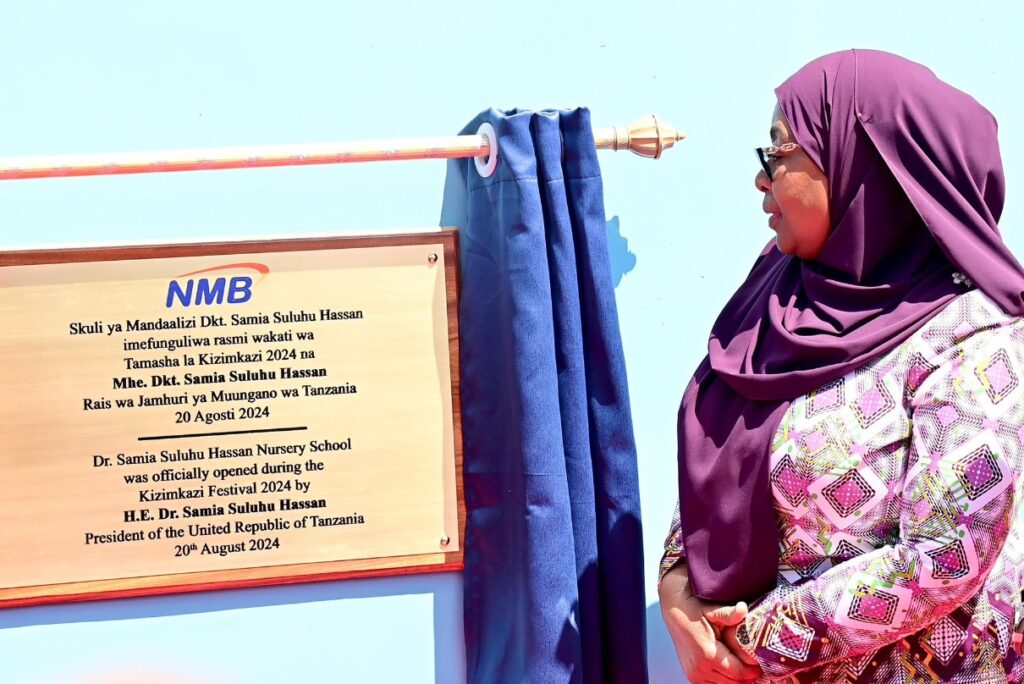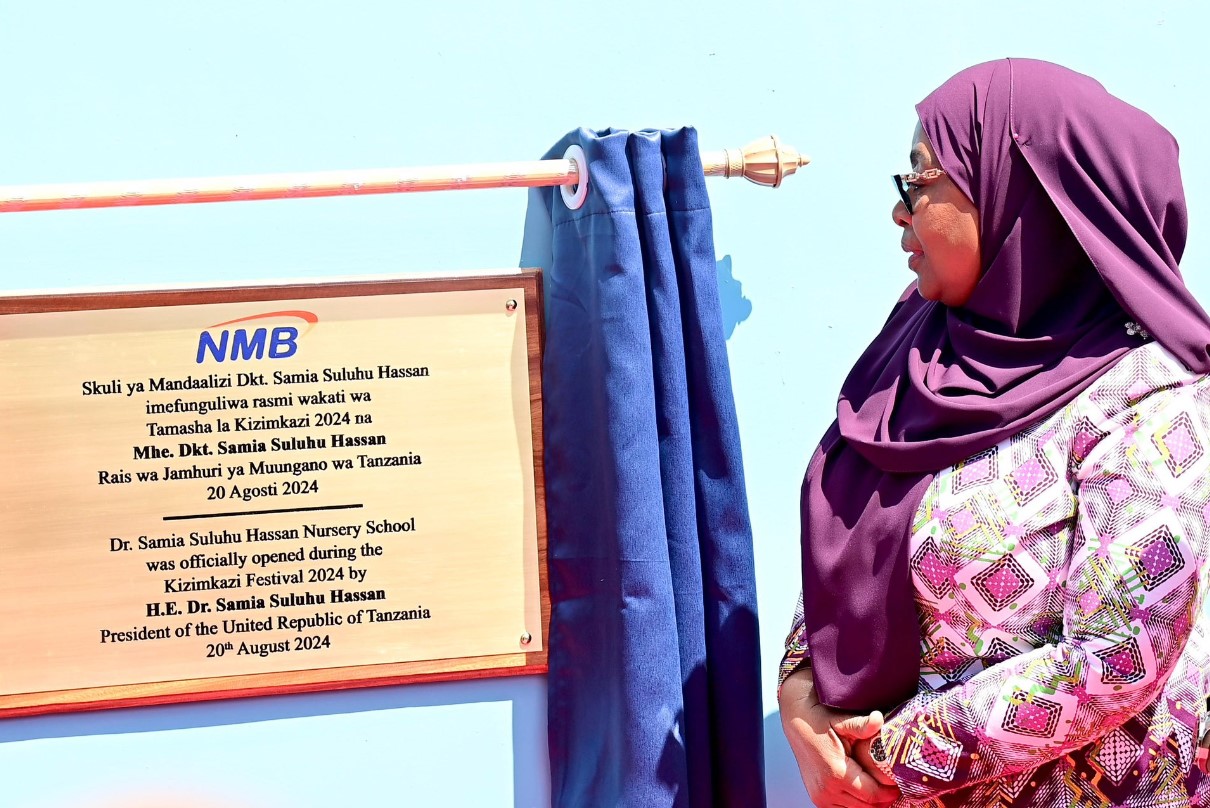By Business Insider Reporter
Private sector credit growth in Tanzania maintained a strong upward trajectory in the first quarter (Q1) of 2025, with financial institutions – primarily commercial banks – disbursing nearly TSh 2 trillion in loans.
The bulk of this credit was directed toward agriculture, construction, transport and communication sectors, underscoring the country’s development priorities.
According to the latest data from the Bank of Tanzania (BoT), the value of loans issued to private sector entities surged significantly in March 2025, reaching TSh 1.01 trillion – an impressive 149% increase from February’s TSh 406.4 billion.
The March figure was also more than double January’s TSh 478.7 billion, reflecting a sharp rise in credit appetite and lender confidence.

The BoT’s April Monthly Economic Review (MER) reports that private sector credit recorded an annual growth rate of 14% in March, up from 13.2% in February.
While slightly below the 16% growth recorded in March 2024, the trend remains robust.
Agriculture led the way with the highest sectoral credit growth rate of 36.3%, fueled by policy incentives aimed at enhancing access to affordable credit and bolstering productivity in the sector.
The central bank noted that these measures are in line with broader government efforts to transform and modernize agriculture into a key driver of economic growth and food security.
In addition to agriculture, significant year-on-year growth was observed in the building and construction sector (35.1%) and the transport and communication sector (22.4%). These trends mirror ongoing infrastructure development and logistics expansion across the country.
Notably, personal loans accounted for the largest share of private sector credit, comprising 36.4% of the total outstanding stock during Q1. This reflects the crucial role of micro, small, and medium-sized enterprises (MSMEs) in Tanzania’s economy.
As in much of Africa, MSMEs are instrumental in job creation and economic output, contributing more than 51% to Tanzania’s gross domestic product (GDP).
Trade and agriculture followed closely, representing 13% and 12.7% of total outstanding credit, respectively. The distribution of credit suggests a diversified lending landscape that aligns with national economic priorities.
According to the central bank, private sector credit growth sustained its momentum from the beginning of the year, driven by targeted policy support, stable macroeconomic conditions, and improved business confidence.
Overall, the nearly TSh 2 trillion extended in loans during Q1 signals continued economic resilience and an enabling financial environment for private sector expansion.
Tanzania’s financial sector has in recent years experienced a notable surge in lending activity, a trend that bankers largely attribute to the business-friendly environment and reform-driven governance of the Sixth Phase Government under the visionary leadership of President Dr. Samia Suluhu Hassan.
According to Vicky Bishubo, Head of Government Business at NMB Bank, the administration’s progressive, pro-business policies have created an enabling environment for financial institutions to expand their services and support the broader economic transformation agenda.
“Through strategic and inclusive economic policies, the Government has empowered institutions like NMB Bank to take a more proactive role in delivering both financial and non-financial solutions that fuel business growth, enhance productivity, and improve livelihoods across the country,” Ms Bishubo said in a recent exclusive interview.
The impact of these reforms is evident in NMB Bank’s performance. The lender’s loan book expanded by an impressive 83% between 2021 and 2024, surpassing the TSh 8 trillion mark.
This milestone has cemented its position as one of the top financial institutions in the country, demonstrating both scale and strategic focus in reaching diverse social and economic sectors.









